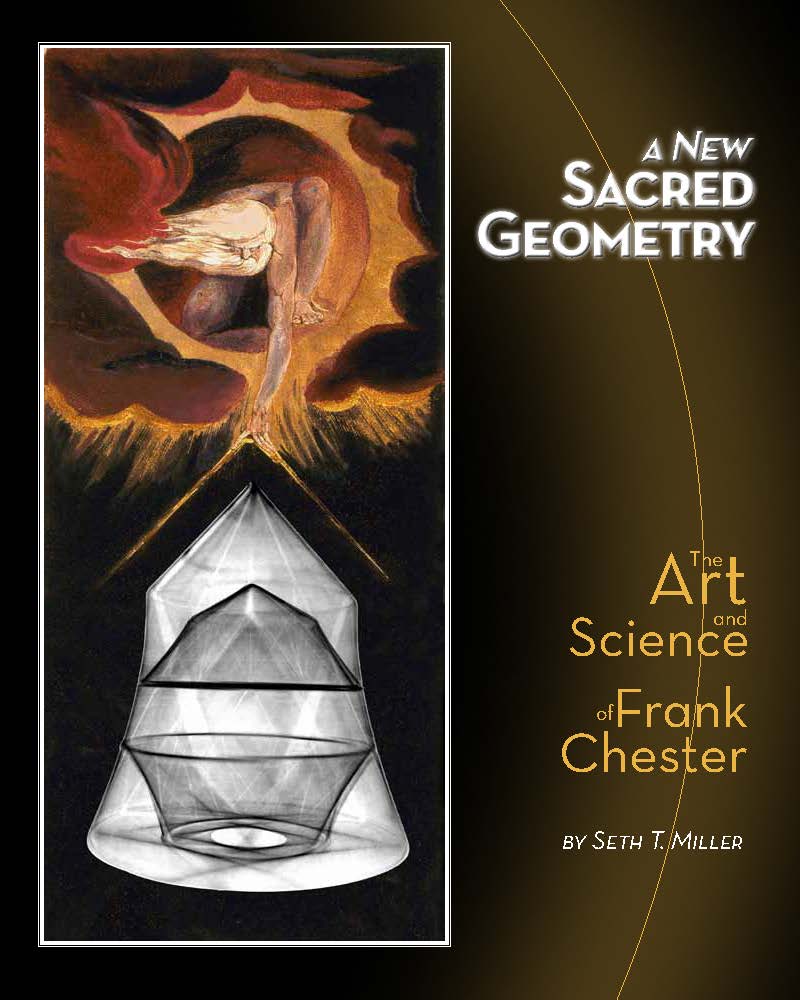Chaos theory and fractals: 3/4
3. And so, there’s all this talk about ‘deterministic chaotic systems’… What exactly, is the stunning significance of this? I think I get that every shape in nature is ultimately created by patterns of itself within itself, but I’m confused as a biologist or physiologist or biochemist because things like continents are made of trillions of completely different molecules of matter. How does that relate to fractals?
The stunning significance of deterministic chaotic systems is that the Newtonian paradigm which equated determinism with complete predictability (ala Laplace) was shown to be WRONG. Chaos theory shows that we can have deterministic systems that are simply NOT PREDICATBLE. It is also stunning because the mathematics of fractals has helped us gain much deeper insights into some of the important vexing problems that stymied Newtonian-style thinkers (non-linear systems, fluid flow, etc.). It has fundamentally changed our view of the universe. It is often said that in the 20th century the most important epistemological advances were 1) Relativity 2) Quantum Mechanics, and 3) Chaos Theory, with 4) Goedel’s Theorem as another important, but less well-understood revolutionary idea.
Fractals are NOT only in the realm of geometrical structure; this is simply where we have the easiest access to their manifestation. Fractals can also describe the pattern of any iterated process. So you can have fractal family dynamics, in which large scale interactions are repeated on smaller scales, both in the sense of emotional scale and time scale and so forth.
Also, not EVERY shape in nature is fractal. There are plenty of non-fractal shapes, but it does appear that fractals are an intimate aspect of nature’s expression (and more accurately, evolution).






